LINCOLN - Nebraska’s two largest utilities are closely watching the development of a new generation of smaller, simpler, and purportedly safer nuclear reactors to see how they might fit into plans for more carbon-free electricity.
Representatives of the Nebraska Public Power District and the Omaha Public Power District were among those attending an October seminar in Lincoln on “advanced” nuclear power, where advocates said new technologies will ensure that nuclear power is a player in America’s energy future.
“The next generation of advanced nuclear technology is something we’re following pretty closely,” said Tom Kent, president, and CEO of NPPD, which operates one of the 55 nuclear power plants in the U.S.
Kent is confident that nuclear power, whether it be extending the life of existing reactors or using new generation reactors, is going to be part of reducing carbon emissions.
OPPD has called the new nuclear technologies "intriguing."
Tim Uehling, a senior director in the decommissioning of the nuclear station at Fort Calhoun, said that nuclear technologies could become options to aid the process of OPPD achieving its goal of a net-zero carbon footprint by 2050 if they are commercially viable.
Last week, NPPD’s board also adopted a goal to reach net-zero carbon emissions by 2050.
Even if new nuclear technologies allow power districts to reach this goal in a commercially viable way, there are still controversies regarding the disposal of spent fuel and low-level radioactive waste. Nebraska had to pay a $146 million court judgment after it refused to license a proposed low-level radioactive waste repository in Boyd County.
Advocates of nuclear power claim that a new generation of nuclear power would be cooled differently and safer as a result. They also note that the state gets roughly 24% of its total electricity from NPPD's Cooper Nuclear Station, which provides about 600 jobs.
Much of the work of advocates is centered on improving the public perception and connotation of nuclear energy, but a few polls indicate that support for it is rising and that younger people are more receptive to it than older generations.
For the full article click HERE
